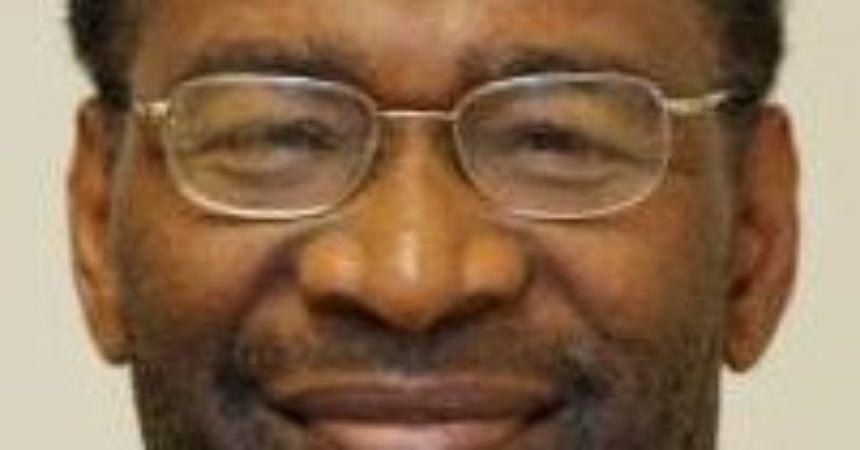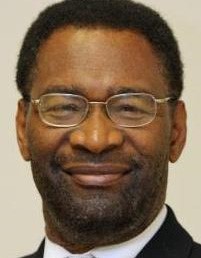
The power to make a change is in your hands: vote

Keith Simmons
Voting time is here again and it is our opportunity to say yes to a better America today and a more united America tomorrow.
It is especially important that we vote in huge numbers so that Donald Trump and his gang do not get a chance to doubt the election outcome on Nov. 3. Voting in this presidential election exceeds your “civic duty.” It’s a moment to exercise your obligation to ensure a better tomorrow for your children, their children and, indeed, yourself.
To vote is an act of self-interest. To vote is an act of decision making on behalf of yourself and family. To vote is also a civic right and responsibility because you pay taxes so that government can deliver the goods and services you pay for and voted to secure. This makes voting a transactional matter.
Your vote has both transactional and purchasing power. By way of an imperfect analogy, consider your vote to be like money you take to your favorite shopping mall. You can purchase an item because you have money. It’s your choice as to which item you will buy. The purchase is also relational in that you trust the manufacturer to deliver a reliable product.
Likewise, as a taxpayer, your vote has purchasing power and you get to decide, though not exclusively on your own, but collectively with others who are making a similar choice, to choose a candidate with whom you entered into a transactional relationship to deliver the service (such as healthcare) he or she says they can deliver. If you don’t vote you cannot expect delivery of service, just as if you don’t pay for the good at the mall, you will not (legally) obtain the good or service you desire.
A final perspective on the power of your vote: assume you don’t like any of the candidates (say neither Joe Biden nor Donald Trump), then politics requires a special kind of analysis; that is, selecting a candidate who is least damaging to your personal interests or simply voting to block a candidate who can do more damage to your already difficult circumstances. I call it blocking power.
Indeed, when my vote coupled with thousands or even millions of others can (1) prevent a candidate from denying my human rights, (2) block the behavior that intensifies racial injustice and income inequality or (3) cease the dehumanization of my African American dignity and heritage, I will always exercise my blocking power to deny any candidate, political party or group from obtaining elective office. These are three reasons why l will not vote for Donald Trump, but instead exercise my voting power to remove him from office on Nov. 3. I invite you to do the same, in defense of American democracy, yourself and family.







